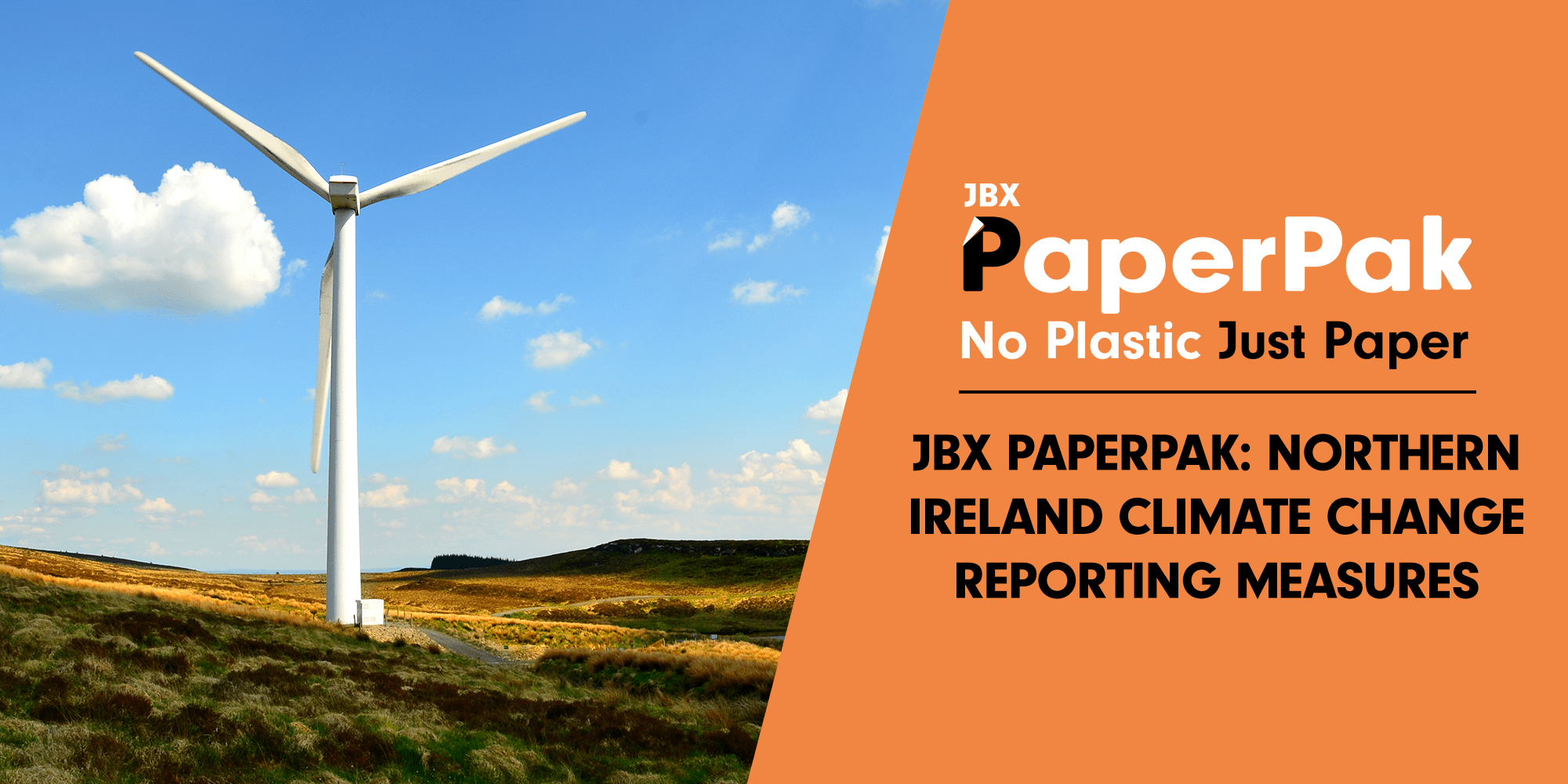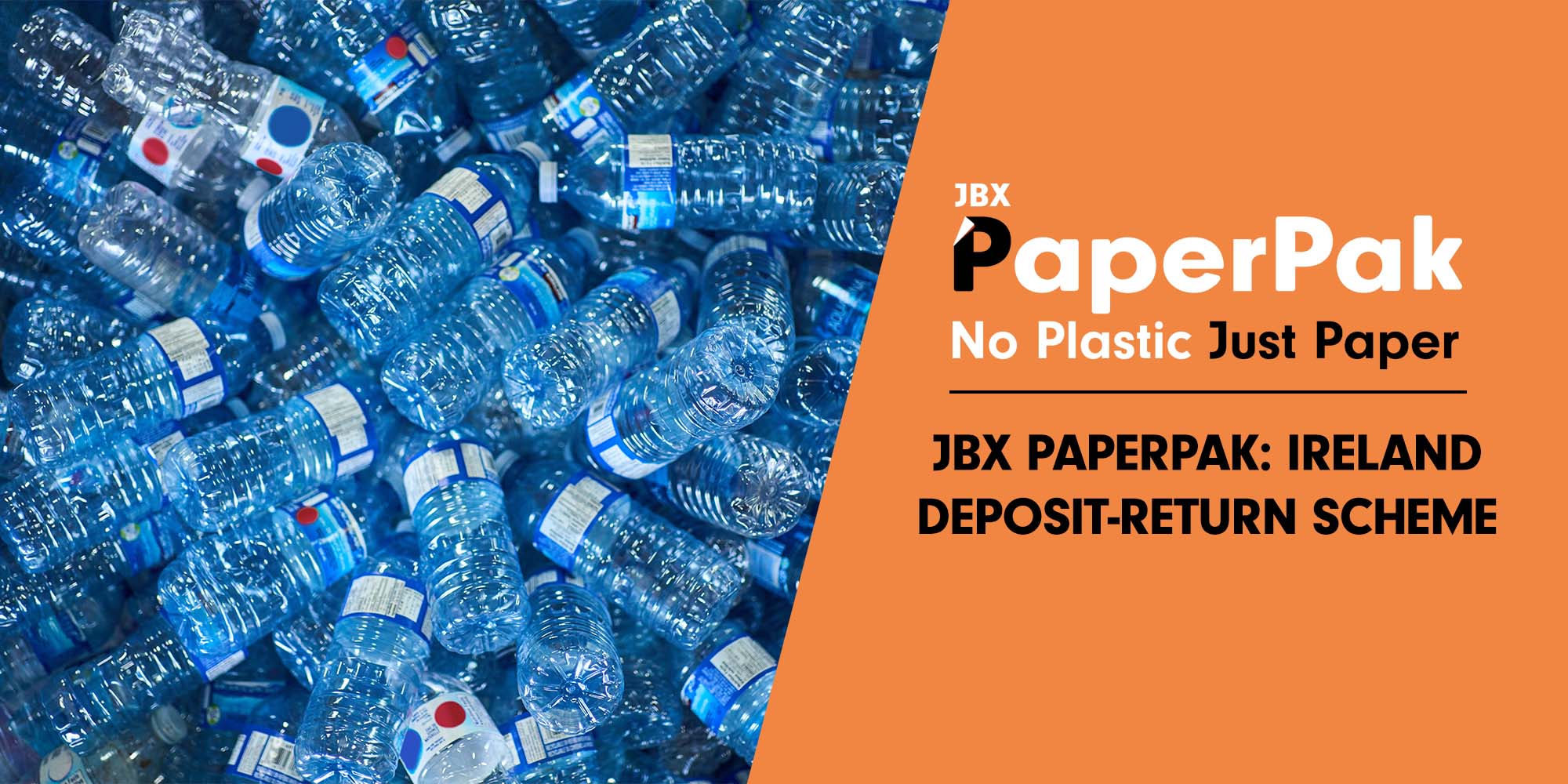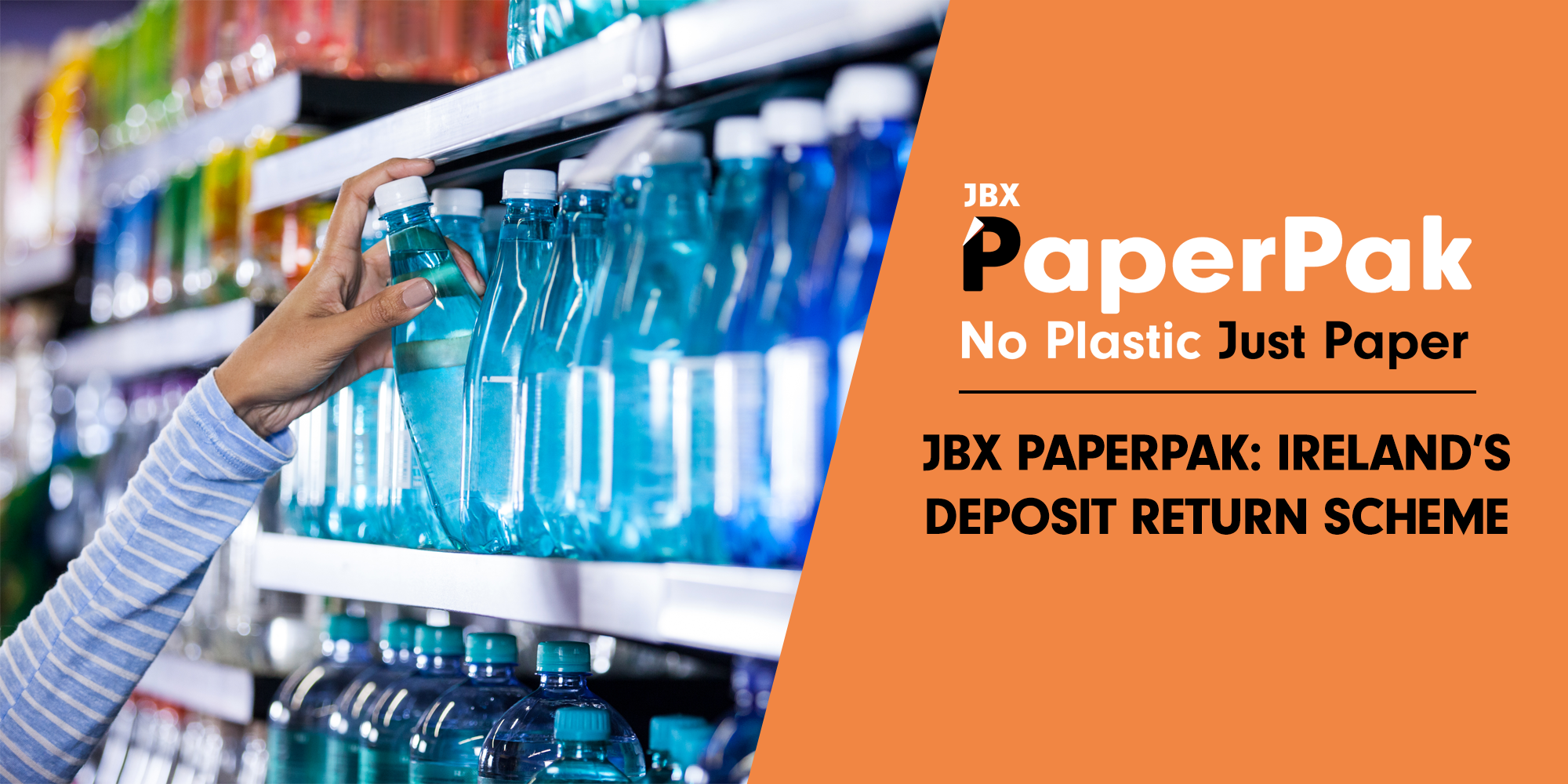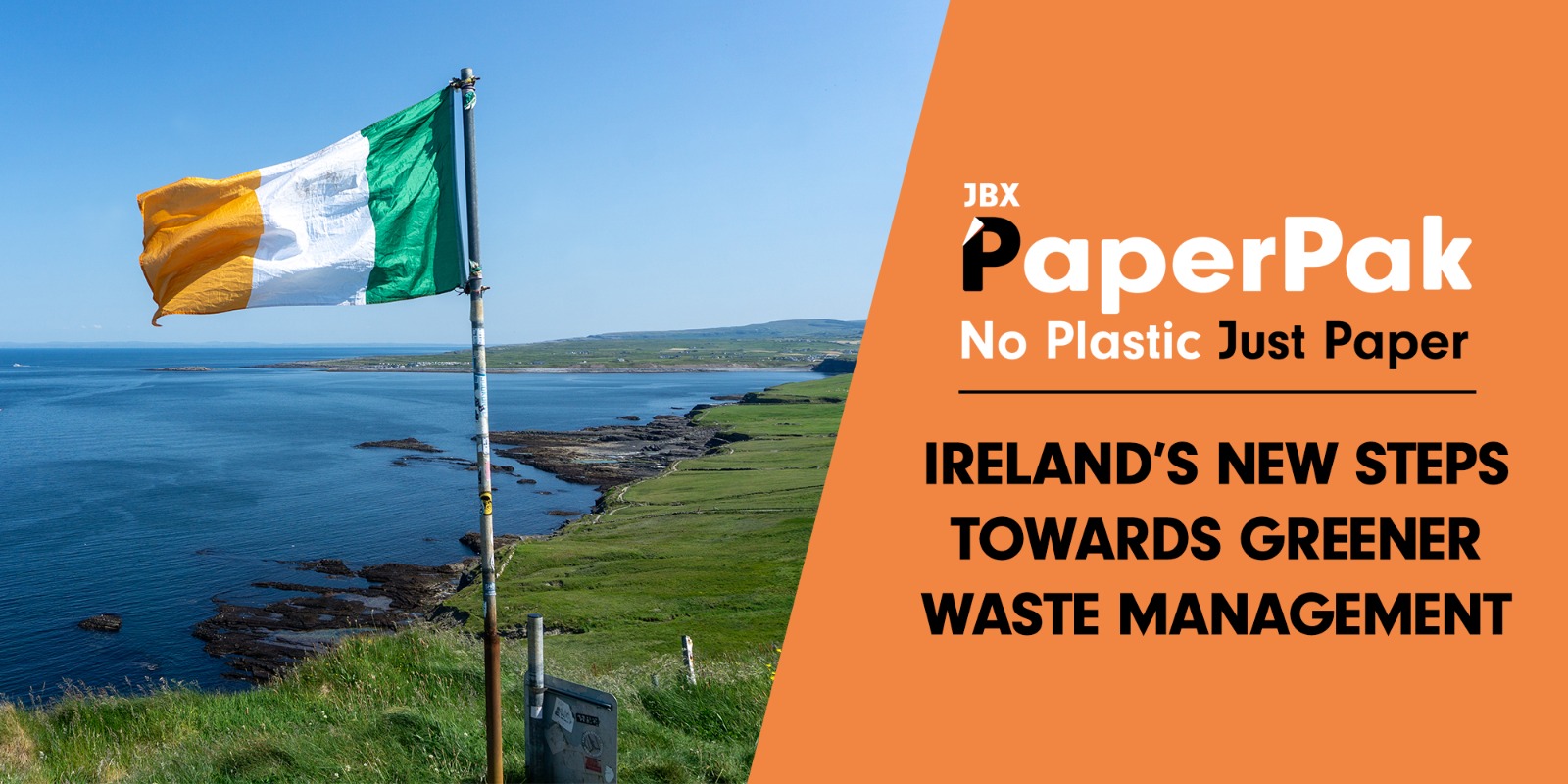
New Climate Reporting Mandates | Northern Ireland
The urgent need for climate action has risen to the top of the international agenda, compelling nations to expand on and improve their environmental policies. In response to this, Northern Ireland has introduced robust reporting duties for public bodies to address climate change. These measures, rooted in recent legislative developments, highlight a profound commitment to environmental stewardship.
The Climate Change Act (Northern Ireland) 2022
The Climate Change Act (Northern Ireland) 2022 lays the groundwork for these new climate reporting mandates. This significant piece of legislation not only prioritises detailed environmental reporting and holds public bodies accountable for their impacts, but also aims to achieve net-zero carbon emissions by 2050. It outlines specific measures that public bodies must take to reduce their ecological footprint, including the adoption of sustainable practices and technologies. By doing so, it marks a crucial step towards greater transparency and responsibility and sets the standard for environmental legislation.
New Climate Reporting Duties
Starting in May 2024, the Climate Change Act mandates that around 40 designated public bodies will be required to comprehensively record their carbon emissions. These bodies must also outline their strategies for emissions reduction, focusing on both short-term and long-term environmental goals. The act specifies that these reports must include both actual data on emissions and detailed action plans for future reductions. This directive aims to instil a culture of accountability and foster continuous improvement in environmental management within the public sector.
Bodies Affected by Climate Reporting
The mandate from the Climate Change Act (Northern Ireland) 2022 encompasses a broad spectrum of public bodies, including local councils, health trusts, and emergency services, among others. Each entity is required to provide detailed reports on their greenhouse gas emissions and to articulate comprehensive strategies for mitigation. The reports must also assess the effectiveness of these strategies over time and adapt them as necessary to meet evolving environmental targets. This approach ensures a tailored response from each body, addressing their specific circumstances and impacts on the climate.
Benefits of Structured Climate Reporting
Andrew Muir, the Agriculture, Environment and Rural Affairs Minister, has outlined several advantages of this structured approach. It improves transparency, allows for the comparison of progress among different bodies, and encourages the sharing of best practices and experiences. This structured reporting is expected to lead to a more cohesive and informed approach to climate governance.
Public Involvement and Policy Development
The regulations were shaped following an extensive public consultation and received executive approval. This process highlights the democratic foundations of environmental policymaking, ensuring that these essential policies enjoy widespread support and legitimacy.
Expected Outcomes of Climate Reporting
The implementation of the Climate Change Act is set to significantly enhance the sustainability and climate-resilience of public bodies. Through the requirement of regular reporting, these organisations are not only encouraged to adopt greener practices but are also provided with the tools necessary to track and improve their environmental performance systematically. This framework aims to foster a proactive approach towards climate challenges, enabling public bodies to continuously refine their strategies in response to environmental assessments and evolving best practices.
JBX PaperPak Perspective
JBX PaperPak, a fervent advocate for environmental conservation, fully supports these new reporting mandates. As a company dedicated to sustainable practices, JBX PaperPak sees these regulations as crucial for enhancing accountability in the public sector regarding environmental issues. They believe that the structured reporting will not only aid in mitigating climate change but also serve as a model for corporate environmental responsibility.
There are many things public bodies and companies can do to mitigate their carbon footprint and wider environmental impact. For example, JBX PaperPak’s paper products are 100% recyclable, compostable, and biodegradable, and all materials used in their manufacturing are sourced from local supply partners; this prevents materials from ending up as waste in landfill sites and eliminates the need for imports, minimising their climate impact. These are but a few of the steps taken at JBX to ensure the company is operating in a sustainable and environmentally responsible way and are an example of the actions other companies and bodies can take to do the same.
Share this article
Related articles for you
The Success of the Irish Deposit Return Scheme
Ireland Embraces a Greener Future with New Irish Deposit Return Scheme
2023: A Year of Growth and Success | Merry Christmas from JBX PaperPak!
The Overwhelming Case for Paper Straws
Ireland’s New Steps Towards Greener Waste Management
Antrim LGFA Wins All-Ireland Under-16s Championship | Sponsored by JBX PaperPak
Subscribe To Our Newsletter
To keep you up date to our new products and lates news
Free shipping on all orders over £200*
Subscribe To Our Newsletter
To keep you up date to our new products and lates news
Free shipping on all orders over £200*
Frequently Asked Questions
Our paper straws are made by stacking 3 plies of high-quality food grade kraft paper and putting them through a core-winding machine that applies an adhesive and rolls the straws into shape. They are then cut to size, coated in lacquer to ensure quality and are then ready to be sold.














Get social